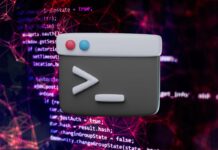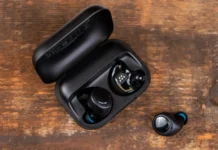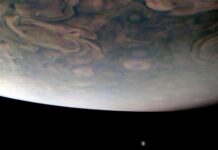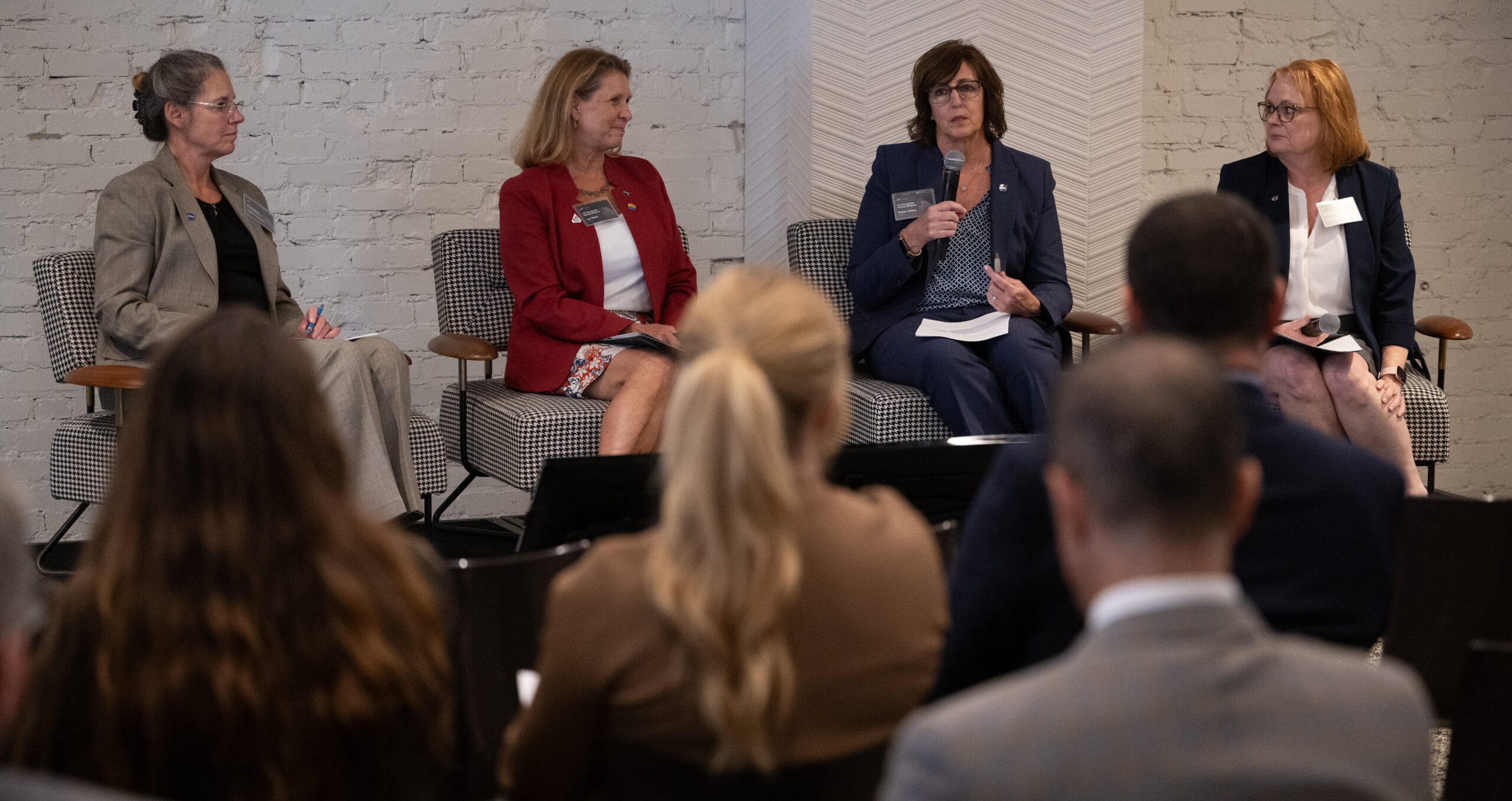NASA’s Effort to Enhance Microgravity Science and Exploration in Low Earth Orbit: A Global Collaboration
In a bid to push forward advancements in microgravity science, technology, and exploration within low Earth orbit (LEO), NASA recently hosted two critical stakeholder workshops. The first was held in London on September 6, and the second took place in Washington on September 13. These workshops aimed to gather input and feedback from a diverse international community, including NASA’s global partners, American industry representatives, and academic institutions.
In late August, NASA released a preliminary set of 42 objectives and sought input from a wide range of stakeholders including U.S. industry experts, academic researchers, international communities, and NASA employees. The aim is to ensure that the framework for the next generation of human presence in LEO, which is set to be finalized this winter, encompasses a broad array of ideas and contributions. The objectives are categorized into six key segments: science, exploration-enabling research and technology development, commercial LEO infrastructure, operations, international cooperation, and workforce and engagement.
Pam Melroy, NASA’s Deputy Administrator, emphasized the importance of these workshops. “As we chart the future of human exploration, it’s vital that we harness the insights and expertise of our diverse stakeholders,” she said. “These workshops provide an invaluable platform for stakeholders to share their insights, helping us create a strategy that reflects our shared ambitions for the future of space exploration.”
The Importance of Consultation in NASA’s LEO Microgravity Strategy
Consultation forms a cornerstone of NASA’s Low Earth Orbit Microgravity Strategy. The agency places significant emphasis on collaboration and the integration of diverse perspectives to advance scientific research and technological development in LEO. By engaging with a broad spectrum of stakeholders—including scientists, industry partners, and educational institutions—NASA aims to gather valuable insights that will help align its objectives with the broader goals of the space community.
Robyn Gatens, the director of the International Space Station and acting director of Commercial Spaceflight, reiterated the value of this collaborative approach. “Engaging with a wide array of voices allows us to tap into innovative ideas that will enhance our missions,” Gatens stated. “This collaborative approach not only strengthens our current initiatives but also lays the groundwork for future advancements in space exploration.”
Six Key Categories of Objectives
To better understand the scope of NASA’s objectives, it’s essential to delve into the six categories outlined:
- Science:
- This category focuses on leveraging the unique environment of LEO to conduct experiments that cannot be performed on Earth. This includes studying the effects of microgravity on biological, physical, and chemical processes.
- Exploration-Enabling Research and Technology Development:
- This involves developing new technologies and methods that will enable long-term space exploration missions. This could range from life support systems to advanced propulsion technologies.
- Commercial Low Earth Orbit Infrastructure:
- NASA aims to foster a robust commercial market in LEO. This includes developing commercial space stations and supporting commercial activities that can benefit both NASA and private enterprises.
- Operations:
- This category deals with improving the efficiency and effectiveness of operations in LEO. This includes everything from mission planning to real-time operations management.
- International Cooperation:
- NASA seeks to strengthen its ties with international partners. This includes collaborative missions, sharing of research data, and joint technological development.
- Workforce and Engagement:
- Ensuring a skilled workforce and engaging the public and educational institutions are crucial for the long-term success of NASA’s missions. This category focuses on STEM education, workforce training, and public outreach.
The Workshops: A Platform for Diverse Voices
The workshops held in London and Washington provided an open platform for stakeholders to voice their ideas and concerns. These events were not just about gathering feedback but also about fostering a sense of community and shared purpose among all participants. By incorporating a wide range of perspectives, NASA hopes to create a more inclusive and effective strategy for its LEO initiatives.
The Broader Implications
NASA’s efforts to gather diverse input for its LEO objectives have broader implications for the future of space exploration. By involving a wide array of stakeholders, NASA is not only democratizing the process but also ensuring that its missions are more resilient and innovative. This collaborative approach could serve as a model for other space agencies and organizations around the world.
Conclusion
NASA’s initiative to engage with international partners, industry leaders, and academic institutions through these workshops marks a significant step towards a more collaborative and inclusive future in space exploration. By seeking diverse input and fostering international cooperation, NASA aims to create a robust framework for the next generation of human presence in low Earth orbit.
For those interested in contributing to NASA’s low Earth orbit microgravity strategy, further information is available at www.leomicrogravitystrategy.org.
—
This article provides a comprehensive overview of NASA’s recent efforts to advance microgravity science and exploration in low Earth orbit, emphasizing the importance of stakeholder engagement and international collaboration. The detailed breakdown of the six key categories of objectives offers readers a clear understanding of NASA’s multifaceted approach to future space missions.
- Ensuring a skilled workforce and engaging the public and educational institutions are crucial for the long-term success of NASA’s missions. This category focuses on STEM education, workforce training, and public outreach.
For more Information, Refer to this article.



































